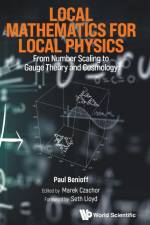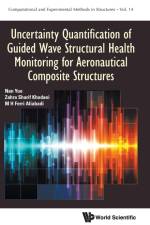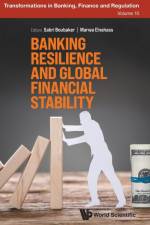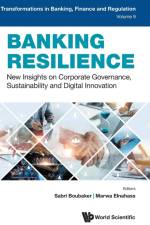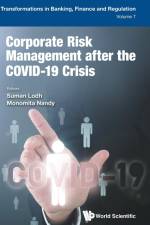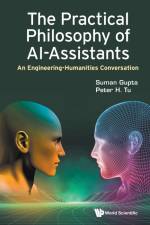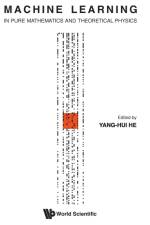av Marwa Elnahass
1 789
In contrast to non-financial firms, banks have undergone significant turbulence in the past decade, enduring severe financial crises and unprecedented regulatory reforms. New regulations, including heightened capital and liquidity requirements, measures to address regulatory migration, resolution authority, stress testing, and capital planning, have spurred the development of new tools to manage institutional failure. The primary goal has been to reduce the likelihood of poor performance and improve stock market valuations to restore public confidence in the industry. The banking industry plays a vital role in global economic and financial stability and is subject to intense regulatory and market scrutiny. Financial instability can be very costly for banks due to its spillover effects on other parts of the economy. Therefore, a sound, stable, and healthy financial system is essential for efficient resource allocation and risk distribution across the economy.This is the first book that comprehensively addresses a range of contemporary issues in the global banking industry, providing a thorough understanding of the challenges and opportunities faced by the sector. The book examines how banking business models, effective policies, and regulations can address these issues, covering corporate governance, asset-liability management, risk management, financial performance, and regulatory frameworks. The potential benefits of alternative banking models, including Islamic banking, and their contribution to global financial stability and resilience are also explored.Contributions from international scholars using both quantitative and qualitative methods provide new insights, recent findings, and perspectives on future bank stability and resilience in a global context. The book also presents updated evidence and debates on the impact of recent regulations and governance structures on the industry, which has undergone significant changes in response to financial turmoil and new laws and regulations aimed at enhancing bank resiliency, protecting against systematic risks, and promoting fair and ethical banking practices.


